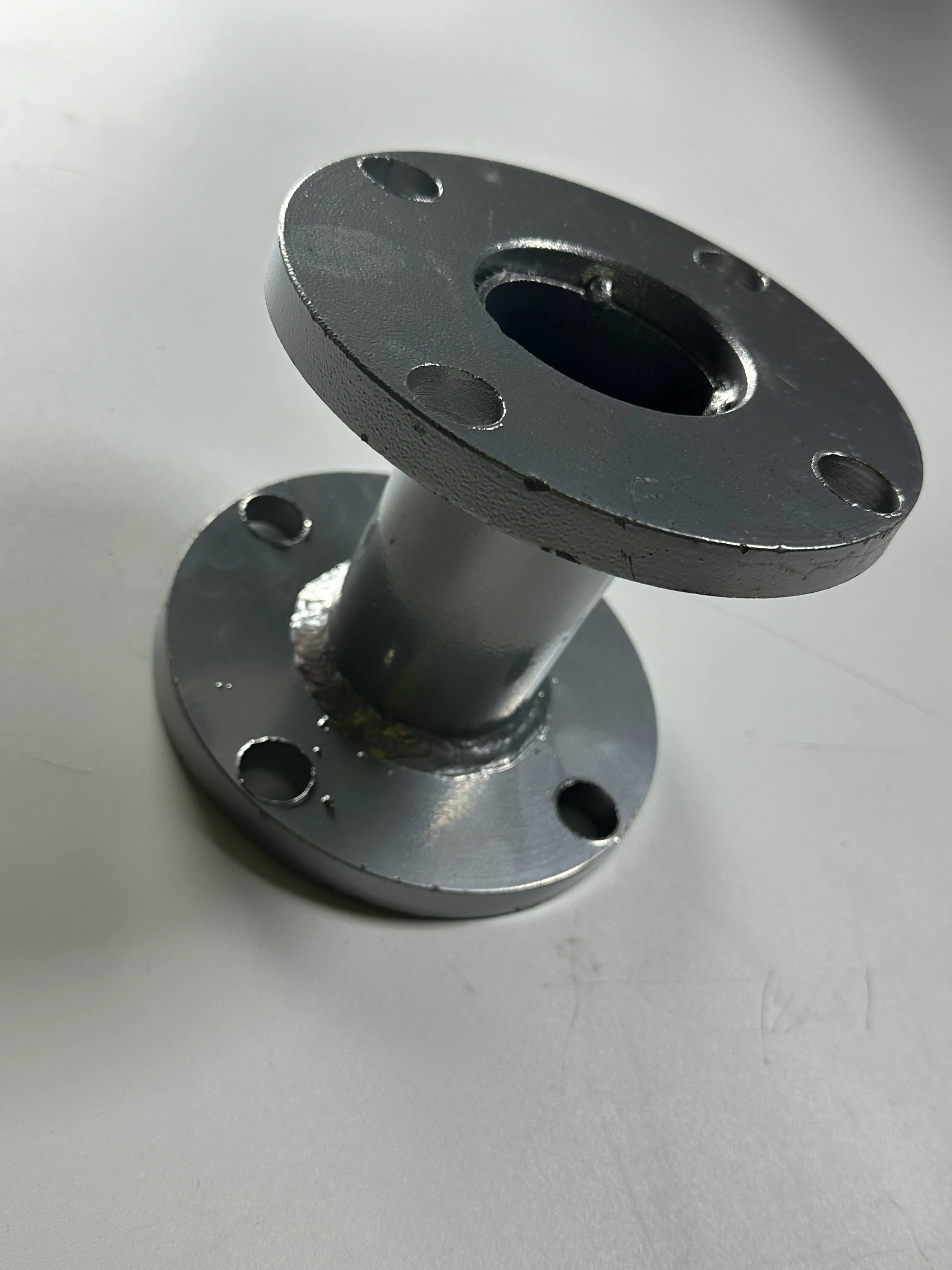loading...
- No. 9, Xingyuan South Street, Dongwaihuan Road, Zaoqiang County, Hengshui, Hebei, China
- admin@zjcomposites.com
- +86 15097380338
- Welcome to visit our website!
industrial water treatment equipment
Industrial Water Treatment Equipment A Key to Sustainable Practices
Water is one of the most vital resources for industries around the globe, serving as a critical component in processes ranging from manufacturing to cooling systems. Industrial water treatment equipment has become increasingly essential, not only for compliance with environmental regulations but also for promoting sustainability. As industries face growing scrutiny regarding their water usage, the effectiveness of their water treatment processes is paramount.
The Importance of Water Treatment
Industries often utilize large volumes of water, and unfortunately, this can lead to the contamination of local water bodies through discharges containing harmful substances. To combat this, industrial water treatment equipment serves to purify contaminated water so that it can be reused or safely returned to the environment. This process not only minimizes waste but also conserves the invaluable resource of freshwater, ultimately supporting regulatory compliance and corporate social responsibility initiatives.
Key Types of Water Treatment Equipment
1. Filtration Systems These are fundamental components of water treatment. Filtration systems remove particles, sediments, and microorganisms from water, ensuring that the water used in industrial processes is clean. Depending on the application, various filtration methods such as sand filters, microfilters, and ultrafilters may be employed to achieve the desired level of purity.
2. Reverse Osmosis (RO) Systems RO is a highly effective method for purifying water by using a semi-permeable membrane to remove ions, molecules, and larger particles. This technology is particularly useful for industries requiring high-purity water for processes like pharmaceuticals or semiconductor manufacturing.
3. Chemical Treatment Systems These systems introduce specific chemicals into the water to neutralize contaminants. Commonly used chemicals include coagulants, flocculants, and disinfectants, which help in the removal of suspended solids and pathogens. Chemical treatment is often an integral part of the water pre-treatment process, improving the efficiency of subsequent filtration and purification stages.
4. Biological Treatment Systems These systems leverage the natural abilities of microorganisms to break down organic contaminants. Bioreactors and activated sludge processes are examples of biological treatment technologies that help reduce chemical oxygen demand (COD) and biochemical oxygen demand (BOD) in wastewater.
industrial water treatment equipment

5. Sludge Management Equipment After treatment, the by-products of the water purification process, such as sludge, must be efficiently managed. This may involve thickening, dewatering, and stabilization equipment, which ensures that the residuals are handled in an environmentally responsible manner.
Benefits of Industrial Water Treatment Equipment
Investing in advanced water treatment equipment offers several benefits for industries. First and foremost is the reduction of environmental impact. Effective treatment technologies minimize the release of pollutants into water bodies, thus protecting aquatic ecosystems and public health.
Secondly, water treatment increases operational efficiency. By reusing treated water, industries can significantly lower their demand for freshwater, leading to reduced water procurement costs. Furthermore, processes optimized through the use of high-quality water often enhance product quality and reliability.
Cost savings extend to compliance costs as well. With stringent regulations regarding wastewater discharge, having efficient treatment systems in place helps avoid the financial penalties associated with non-compliance.
Conclusion
As industries continue to evolve and expand, the need for effective water treatment solutions becomes increasingly apparent. Industrial water treatment equipment not only facilitates the safe and responsible management of this essential resource but also supports broader sustainability goals. By adopting innovative technologies and best practices in water treatment, industries can demonstrate their commitment to environmental stewardship while enhancing their operational efficiency.
In conclusion, investing in industrial water treatment equipment is no longer an option but a necessity for businesses aiming to thrive in a water-sensitive world. The future of sustainable industrial practices depends on our ability to treat water responsibly, ensuring its availability for generations to come.
-
Why Choose a Galvanized Water Tank for Your Storage NeedsNewsMay.21,2025
-
The Strength and Durability of FRP GratingNewsMay.21,2025
-
The Importance of Water Treatment Systems for Clean and Safe WaterNewsMay.21,2025
-
The Advantages of FRP Rebar for Construction ProjectsNewsMay.21,2025
-
Say Goodbye to Hard Water with a Reliable Water SoftenerNewsMay.21,2025
-
Maximize Your Water Storage with a Sectional Water TankNewsMay.21,2025
-
The Power of Filter VesselsNewsMay.19,2025
